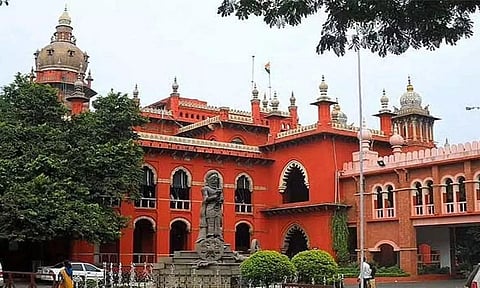

CHENNAI: The Madras High Court suggested that considering the development of artificial intelligence (AI) it would not be difficult to provide the question papers in regional languages listed in the eighth schedule of the Constitution in the UPSC examinations.
The first division bench comprising Chief Justice SV Gangapurwala and Justice J Sathya Narayana Prasad heard a PIL seeking to direct the Union government to conduct Union Public Service Commission (UPSC) exams in all languages listed in the Constitution.
The counsel appeared for the Union government sought time to place counter. After the submission, the bench posted the matter to June 28 for further submission.
While adjourning the matter, the bench observed that with the assistance of AI the question papers can be easily translated into any languages. The translation may not be 100 percent accurate and needs manual intervention.
S Balamurugan from Madurai, who moved the PIL stated that the notification issued by UPSC in February said the candidates have the choice of answering the exam in one of the languages mentioned in the Eighth Schedule of the Constitution of India.
However, it was not given the choice to access the exam question papers in any of the languages specified in the eighth schedule of the Constitution barring English and Hindi, contended the litigant.
The nonavailability of question papers in the languages listed on the eighth schedule creates an unequal playing field by providing those who know Hindi with an unfair advantage, read the litigation.
The candidates from rural backgrounds and State government-run and aided schools face greater difficulties than urban or metropolitan candidates in understanding English, read the litigation.
This results in discrimination and the denial of equal employment opportunities, which ultimately violates Articles 14, 15, 16, 19 (1) (a), and 21 of the Constitution of India, he added.